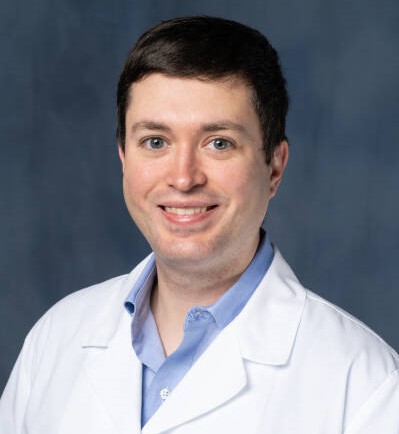

John A. Ligon, MD is an assistant professor in the Department of Pediatrics at the University of Florida College of Medicine. His research interests include immunotherapy, tumors and bloodstream infections. Dr. Ligon’s stated goal as a physician is to discover new treatments that will allow more children to be cured of their cancers than could be with currently available treatments.
“I want my patients to know that rather than focusing on one specific type of cancer, I am interested in using the immune system to find ways to cure all kinds of pediatric cancers,” Dr. Ligon says. “The immune system is the same across all kinds of cancers and I believe there is a way to unlock it for many diseases that we currently have trouble treating.”
Patients with metastatic osteosarcoma are unlikely to be cured. Sadly, immunotherapy has not yet proven effective for osteosarcoma for unknown reasons.
Hoping to better understand why this is, Dr. Ligon and his team first investigated osteosarcoma samples which had spread to the lungs. These lung tumors are important because these are ultimately what kill patients. Ligon and his team found that these lung tumors “exclude” the body’s immune system through multiple mechanisms, including the presence of “pro-tumor” immune cells that shut down anti-tumor immune cells.
Based on this research, Dr. Ligon has developed an RNA-nanoparticle vaccine. Simply put, Dr. Ligon and his team package genetic information from a patient’s osteosarcoma in a way that allows the immune system to recognize and destroy the cancer. These nanoparticles work in part by reprogramming those pro-tumor immune cells into anti-tumor immune cells—this means that for the first time, Dr. Ligon and his team are proposing to use a drug that can overcome the specific mechanisms that have so far prevented immunotherapy from being effective.
In 2023, the Pediatric Cancer Research Foundation awarded an Emerging Investigator Fellowship Grant to Dr. Ligon to fund study of the vaccine in canine clinical trials. Dr. Ligon’s team performed experiments on the blood and tumor samples from canine patients with osteosarcoma, allowing them to better understand how the nanoparticle vaccine stimulates the immune system.
Additionally, Dr. Ligon studied this novel drug in combination with another class of drugs known as immune checkpoint inhibitors in canines with osteosarcoma. Immune checkpoint inhibitors are also currently being used to treat other types of cancers and could be combined with nanoparticle vaccines in a future combination immunotherapy clinical trial. With data derived from Pediatric Cancer Research Foundation-funded canine trials, Dr. Ligon hopes to obtain a better understanding of how the nanoparticle vaccine works against osteosarcoma. His research has recently moved into human clinical trials and he anticipates being able to transition to pediatric clinical trials soon.
2151 Michelson Drive, Suite 180, Irvine, CA 92612
800.354.7273 | info@pcrf-kids.org